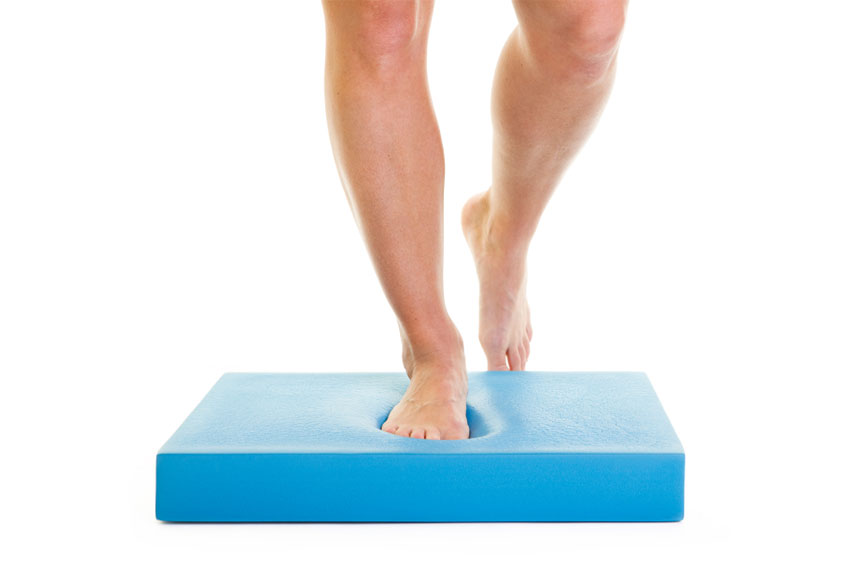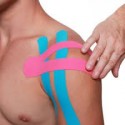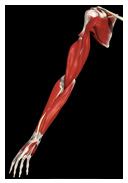The Shoulder Complex
Successful evaluation and treatment of the shoulder complex entails an accurate understanding of its normal and abnormal anatomy, pathomechanics and biomechanics. Treatment of the shoulder can be complex and confusing based upon the multitude of approaches that exist. By utilizing a systematic approach, therapists and athletic trainers may focus on a problem-solving basis to accurately and successfully evaluate patients with a variety of shoulder conditions. Included in this two-day workshop is an overview of the most common orthopedic conditions in which therapeutic intervention is indicated, evaluation and treatment schemes to promote successful outcomes and significant lab time. Attendees will further their development involving effective evaluation and treatment (surgical as well as non-surgical); including differential diagnosis, manual therapy, exercise prescription and evidence supported treatment techniques for the shoulder proper.












